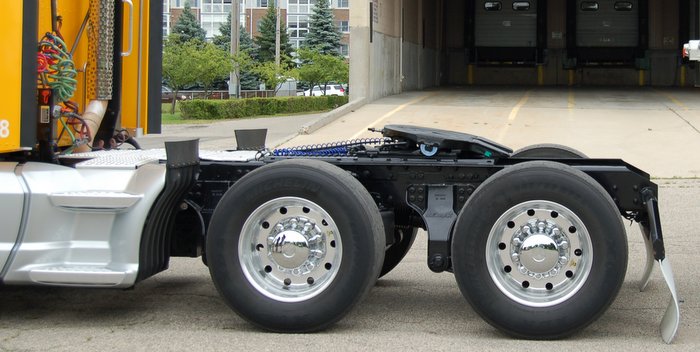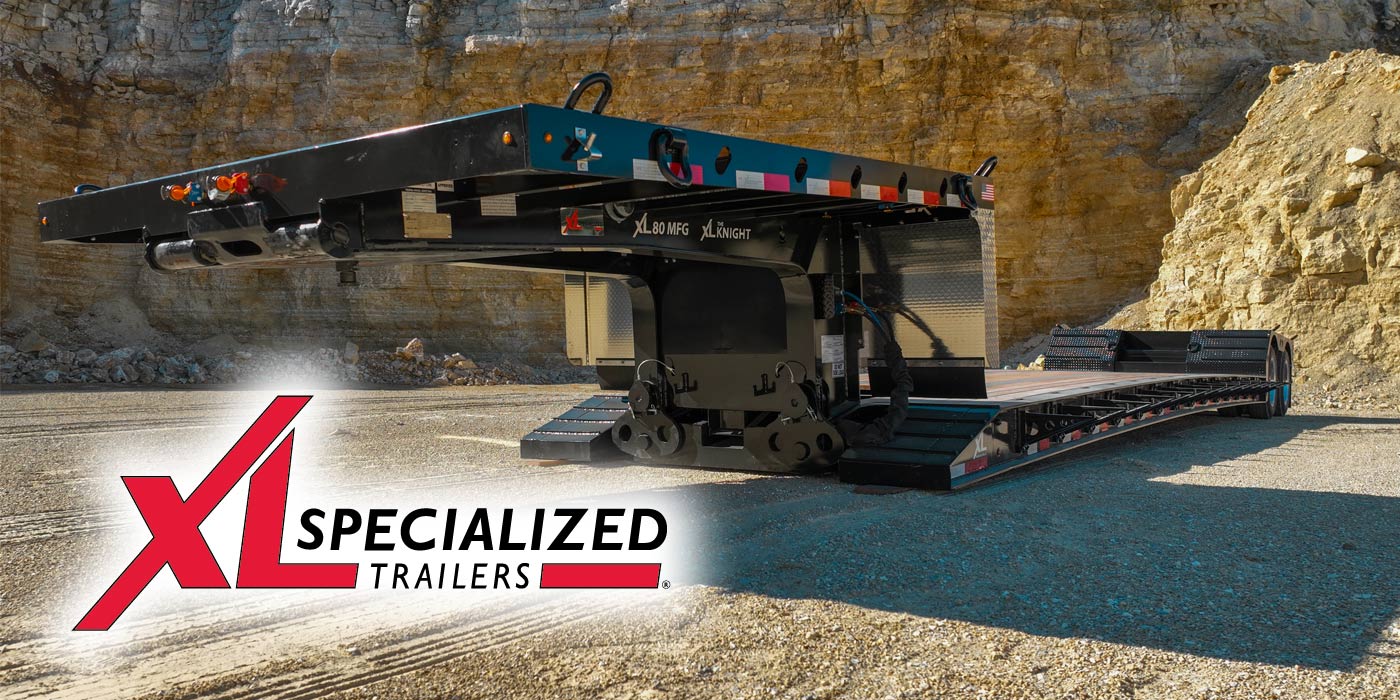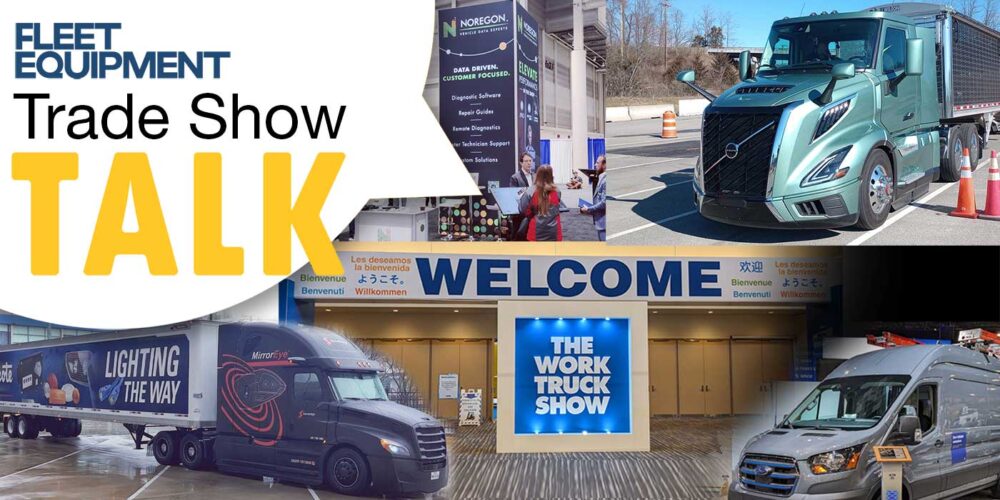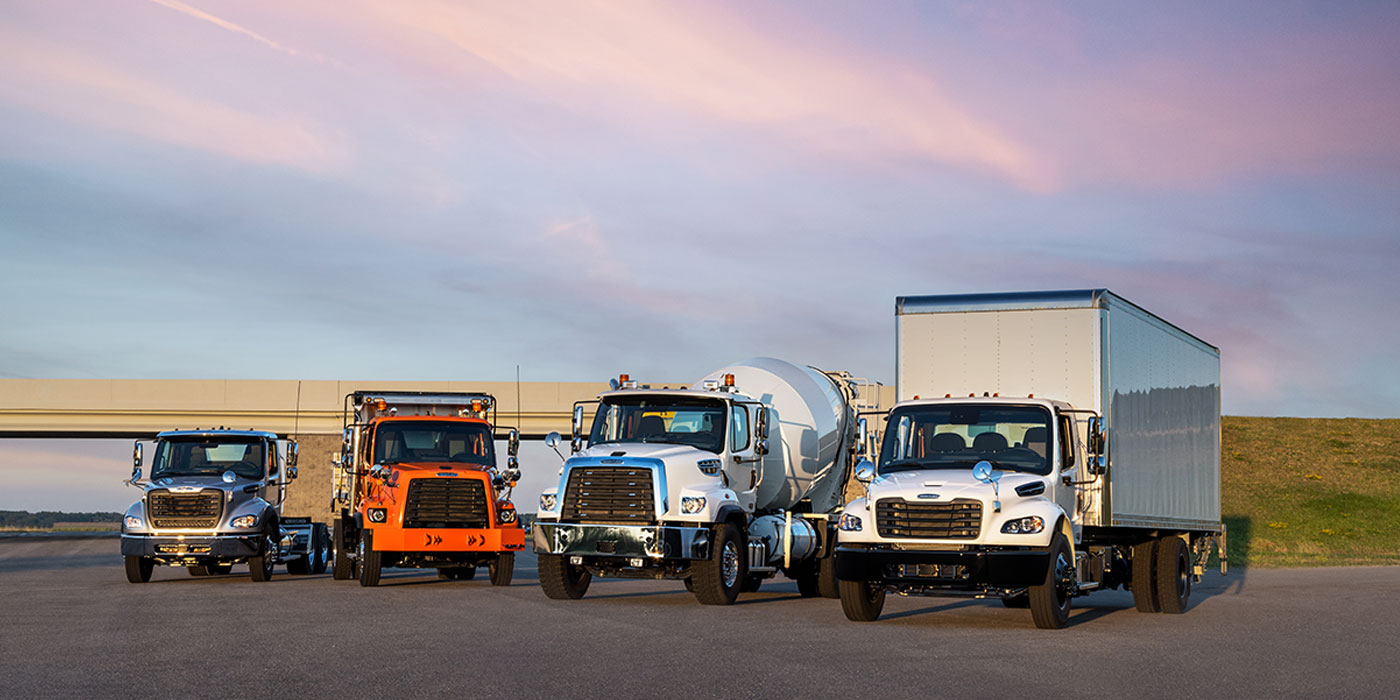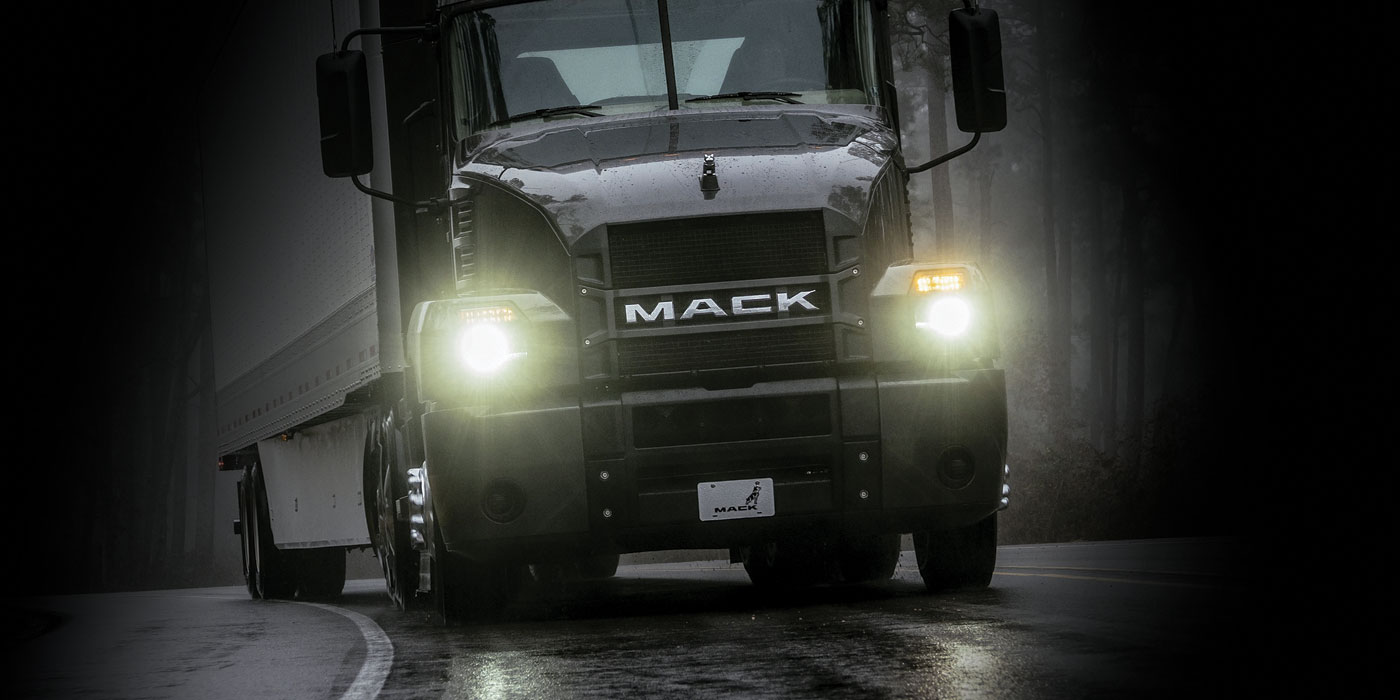Drop a couple pounds and all of a sudden you’re more efficient and able to pull more weight. Of course, we’re talking about making trucks lighter. The idea behind spec’ing specialized, lighter-weight components is to find a balance between fuel efficiency and increased load capacity, without sacrificing the tractor’s strength.
After labor costs, fuel is the biggest expense for any fleet. Improving miles per gallon (MPG) is important, but a better metric to measure is the amount of freight hauled per gallon (such as tons per gallon). Any activity or product that improves MPG but reduces tons per gallon is actually less efficient and more costly for the fleet.
“I believe that fleets are most profitable when they optimize utilization of their resources and deliver total customer satisfaction. Fleets get paid to move freight. The goal is to move more freight with less,” said Jason Heath, product manager, Neway Truck, Bus and RV Suspensions, SAF-Holland Inc. “Less fuel, less costly maintenance and a right-sized fleet of the best drivers, facilities and equipment. If a truck or trailer can carry more, it should because when you maximize payloads you optimize the utilization of your drivers and equipment. And that drives the bottom line.”
That’s the weight-savings secret: Dropping truck weight doesn’t directly impact fuel economy efficiency enough to be a top-tier fuel efficiency solution. “Aerodynamics and engine RPMs and gearing of the drivetrain are the biggest contributors to fuel efficiency,” said Karl Mayer, Meritor’s director, product line management, N.A. Axles. “As for weight: For every 1,000 lbs. of weight reduction, it only equals .8% of fuel economy gained. It’s pretty far down on the pecking order as contributing directly to fuel efficiency. If fleets are saving the weight, they’re going to put it back on in payload.”
The keyword is “directly.” A lighter truck means more load capacity and less mileage or the flexibility to add more fuel efficiency components such as aerodynamic packages. It’s not so much about gaining fuel efficiency as freight efficiency.
Bearing down on weight
Even the smallest of components can impact your vehicle weight. That’s why Timken is developing its new, lighter, lower-torque wheel and driveline bearings. For an average Class 8 truck, these Timken fuel-efficient bearings can decrease weight by 58 lbs., and decrease bearing-related power loss by about 25%, which could lower fuel costs by $1,375 over five years, according to Patrick Pikus, Timken business manager for North America commercial vehicles.
“The benefits of these bearings come from two main sources: Lower torque and lower weight,” Pikus explained. “Every operator benefits from the fuel efficiency improvements that come from lower torque—on every trip, empty or full, it takes less energy to roll the truck down the road. The weight reduction means something different to different types of operators. Tankers and bulk haulers may opt to carry an additional 58 lbs. of payload, resulting in higher revenues, while ‘cube-out’ dry van carriers might not add payload, but would still benefit from the incremental energy savings of driving a lighter truck.”
Additionally, Pikus suggested that other bearing benefits may include longer seal and lubrication life. Because Timken bearings run cooler than standard bearings by about 10 degrees Fahrenheit, operators may experience less thermal degradation on seals and lubrication, the company stated.

